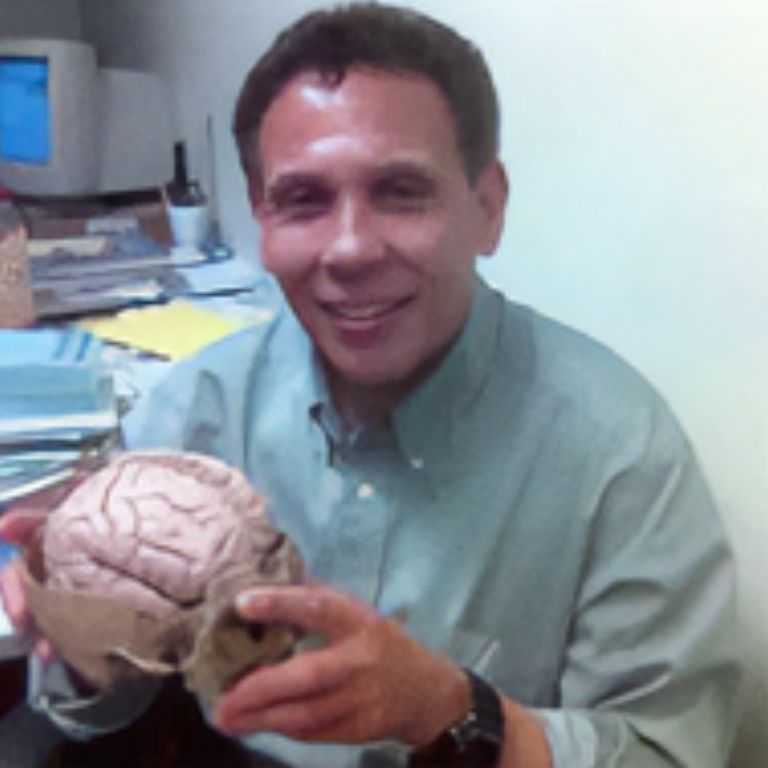Educational Background
- PhD in Experimental Psychology (Psychobiology), Temple University
- Program Head, Doctoral Program in Biopsychology and Behavioral Neuroscience

Dr. Lewis is a behavioral neuroscientist with an interest in the neurobiology of motivation. He investigates alcohol dependence, eating disorders, and substance abuse.
See Contact DetailsNeurobehavioral Laboratory
Dr. Lewis is a behavioral neuroscientist with an interest in the neurobiology of motivation. He investigates alcohol dependence, eating disorders, and substance abuse. His current research investigates the role of feeding and nutrition systems in alcohol reinforcement and dependence. Alcoholics frequently exhibit significant deterioration of brain, liver and other vital organ systems that regulate food intake and the utilization of nutrients. Possibly under such conditions, alcohol intake is motivated by its nutrient status and its effects on nutritional systems. Recent studies, in collaboration with colleagues at Princeton and Rockefeller Universities, suggest that certain neuropeptides that increase food intake may play a role in increasing alcohol intake. The normal role of these peptide systems may be altered due to chronic intake so as to increase alcohol intake at the expense of normal nutrition. This research shows that galanin and opioid neuropeptide systems may increase alcohol intake during the development of dependence. In addition new research suggests a possible involvement of galanin in alcohol-related learning and memory deficits. Another research effort is to examine the role of neurobehavioral systems that mediate substance abuse in eating disorders. Behavioral and neurochemical systems that motivate substance abuse are examined in relationship to the development of obesity, binge eating, and anorexia.
Martinetti, M.P. and Lewis, M.J. A matching law choice analysis of ethanol consumption in alcohol preferring(P), non-preferring (NP), and Sprague-Dawley (SD) rats. Alcoholism: Clinical and Experimental Research 2007, 38 (8), 1338-1347.
Molina, J.C. Spear, N.E., Spear, L.P., Mennela, J. and Lewis, M.J. Alcohol and Development: Beyond Fetal Alcohol Syndrome. Developmental Psychobiology, 2007, 49(3), 227-242.
Lewis, M.J., Rada, P., Johnson, D.F., Avena, N.M., Leibowitz, S.F. and Hoebel, B.G. Galanin and alcohol dependence: Neurobehavrioral research. Neuroperptides 2005, 39 (3) 315-319.
Rada, P., Johnson, D.F., Lewis, M.J. and Hoebel. B.G. Naloxone decreases extracellular dopamine and increases acetylcholine in rats injected chronically with ethanol. Pharmacology, Biochemistry, and Behavior 2004, 79(4), 599-605.
Lewis, M.J., Johnson, D.F., Waldman, D., Leibowitz, S.F., and Hoebel, B.G. Galanin microinjection in the third ventricle increase voluntary ethanol intake Alcoholism: Clinical and Experimental Research. 2004, 28 (12), 1822-1828 (Selected for journal highlights and AAAS Science highlights).
Michael J. Lewis
